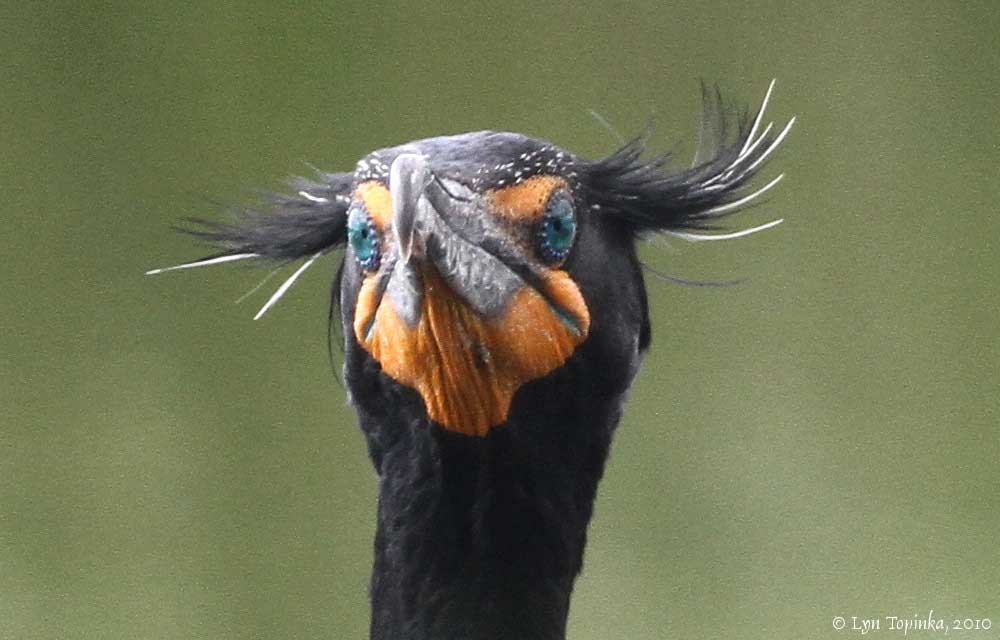Oregon – An analysis by the U.S Fish and Wildlife biologists has been released, sharing the conclusion that killing double crested cormorants would not benefit Snake River steelhead. Conservation opposed groups unveiled the document on Wednesday, Columbia Fishing reports.
The groups were complaining about the killing of cormorants on the Columbia River in order to protect steelhead and salmon, ensuring they posses documents showing an actual federal agency ignored a finding by its own biologists showing that the measure would not help the River or fish. They received the legal information from biologists under a court order.

Past April, five conservation and animal welfare groups filed a lawsuit to try to stop the killing of the native cormorants, which live on East Sand Island near the mouth of the Columbia River. The analysis of U.S Fish and Wildlife concluded that it didn’t help Snake River since the fish not eaten by cormorants would be eaten by other fish or predators if the cormorants were not there. These findings ensure killing cormorants isn’t likely to benefit other species of fish either. The document shows biologists from U.S Fish and Wildlife aware of the analysis and its conclusion, it also shows their concerned that the U.S Corps of Engineers didn’t address their findings.
“As a consequence, efforts to reduce cormorant predation on steelhead are expected to have no effect on Snake River steelhead population productivity or adult abundance,” the analysis says. It adds that killing cormorants is “similarly unlikely to benefit the productivity of other salmonid populations.”
U.S Fish and Wildlife biologists didn’t seem to care so much about the analysis, because earlier this year they decided to authorized the Corps to kill about 11,000 cormorants or 5,600 breeding pairs. They also authorized the Corps to oil 26,000 nests to prevent the eggs inside them from hatching.
U.S Fish and Wildlife refused to comment.
The Corps has killed 158 adult cormorants with deadly rifles, and it has oiled around 5,000 unhatched eggs, only this year.
Source: Oregon Live
